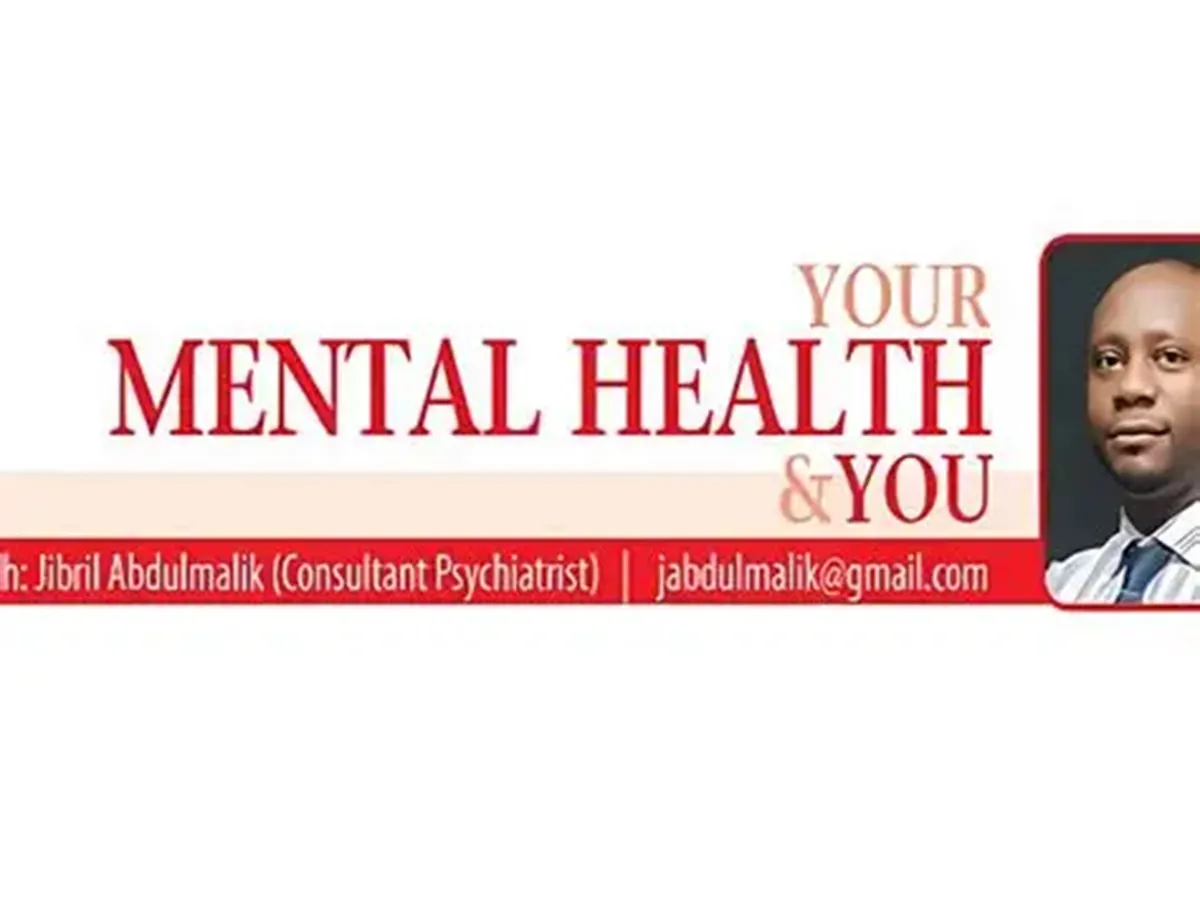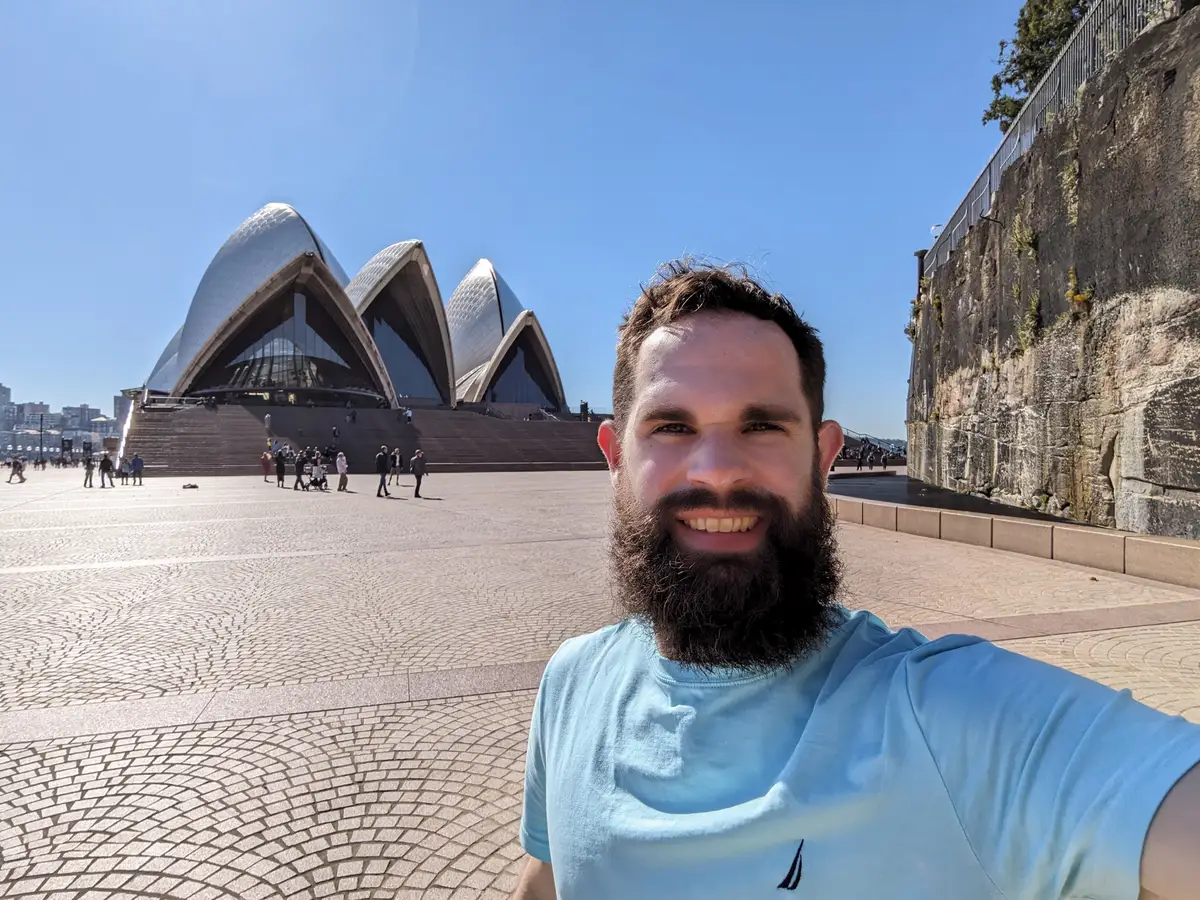Copyright tribuneonlineng

ABOUT 50 per cent of the Nigerian population is young and under the age of 18 years. Nigeria currently has the highest number of older persons in Africa and the 19th globally, with the number likely to triple by 2050. According to the World Health Organization, about 20 per cent of people in Nigeria live with mental illness. A 2018 report by the World Health Organization (WHO) also reveals that about 29 million people live with disabilities in Nigeria. All these figures simply underline the high percentage of vulnerable people in Nigeria who require social care. On the global scene, it is estimated that the number of people who require social care is set to hit 2.3 billion. Social care involves assisting individuals and families, including children, people with chronic illnesses and disabilities, and the elderly, who require support. Social care can be in the form of social support from family, friends, and neighbours, or formal social care from paid professionals. Social care is not just important for individuals’ health and well-being; it is essential for the growth of the economy and society. Mental illnesses and affected people and their families often carry a high burden of caregiving, as well as need for social services. Regrettably, social services for affected persons are grossly inadequate or nonexistent in Nigeria and across Africa. It is against this backdrop that the International Day of Care and Support is observed on the 29th of October, as proclaimed by the United Nations General Assembly. It emphasizes the value of social care for human, economic, and social wellbeing. It is also a day for advocacy to improve the care economy. This year, the theme, ‘Care and Support for All: Human Rights for All Those Providing and Requiring Care and Support’, calls for joint systems action towards improving the care structure and system. Nigeria remains a largely disability-unfriendly country. Most public facilities remain inaccessible to children, the elderly, and persons with disabilities. The stigma and discrimination associated with mental illness and disability prevent persons with mental illness and disability from getting access to quality education, healthcare, and decent work. Many public educational institutions are still largely inaccessible to the disabled and those with mental illness. Many courses in the tertiary institutions are not available for enrolment by people with disabilities due to the lack of facilities to accommodate them. With the erratic power supply, underfunding of the healthcare sector, and long queues at health facilities, vulnerable people still lack access to social care and support. Comprehensive health coverage is a right for all citizens, with attention to children, persons with disabilities, and the elderly. The National Health Insurance Authority (NHIA), a federal government agency, and several state government schemes are designed to provide financial access to healthcare services. However, the coverage is still low, and vulnerable people may still lack access to different healthcare services. Social care and support: A responsibility for all In Nigeria, government agencies develop social welfare programs to address the lack of institutional infrastructure for social care. However, these programs are still poorly implemented and do not provide adequate coverage for all. Government agencies and stakeholders must design and implement policies that foster infrastructures and systems that are family, elderly, and disability friendly. Health insurance should be properly implemented to cover vulnerable people and their caregivers. Social care and support is essential work that is often undervalued and disregarded by many people. It is often regarded as the responsibility of women who make up most of the social care workforce. Women provide two-thirds of the informal care with little support and resources. As a community, we must shift from considering social care as women’s sole responsibility to a joint, pivotal responsibility of all of us. Men must be involved in the caregiving of their children and parents. Social care is a daunting task, and the burden can be overwhelming for caregivers. Caregiving as a community effort instead of an individual effort shifts the attention from individuals to the communities and systems, thereby reducing caregiver burden. Organizations must also be at the forefront of fostering care and support for all. Workplace policies should be disability and family-friendly by providing accommodations for disability, parental leave, health leave, health insurance, remote work options where possible, and other workplace benefits for employees. More organizations should implement, and fund community projects targeted towards vulnerable populations. The Asido Foundation, through Project Hope, contributes to the care and support for vulnerable persons by rehabilitating persons with mental illness who are experiencing homelessness. This project provides both medical care for persons with mental illness and psychosocial support for them and their caregivers. Social care and support sustain economies and strengthen communities. Community growth and optimal well-being do not just happen; they start with care! We must therefore contribute our joint efforts to promoting care and support for all.



